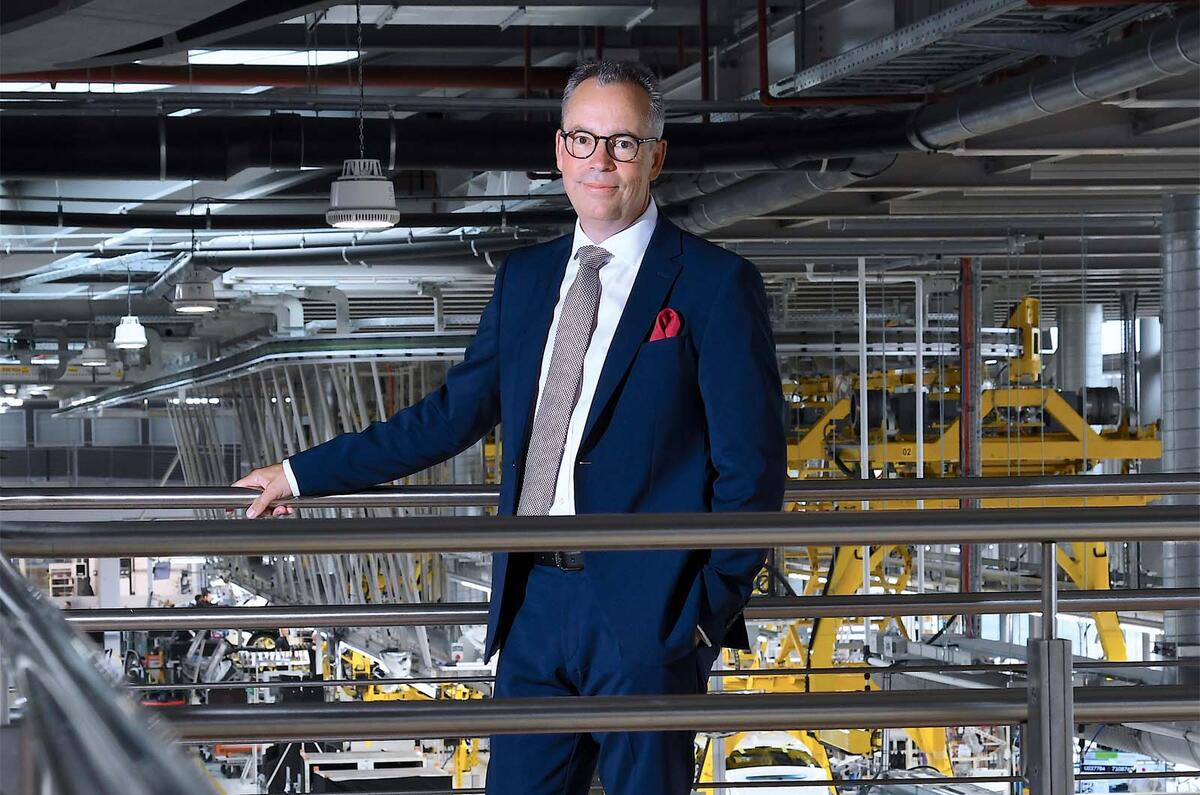Chris Brownridge, CEO of Rolls-Royce Motor Cars for the past nine months, grew up in Hong Kong during an era when the then British colony had even more Flying Ladies per square mile than London’s Park Lane.
Despite this, until December last year Brownridge’s professional automotive connection was entirely with BMW’s more affordable brands. He started working with the German company straight from Exeter University in 1994, while it still owned Rover.




Add your comment